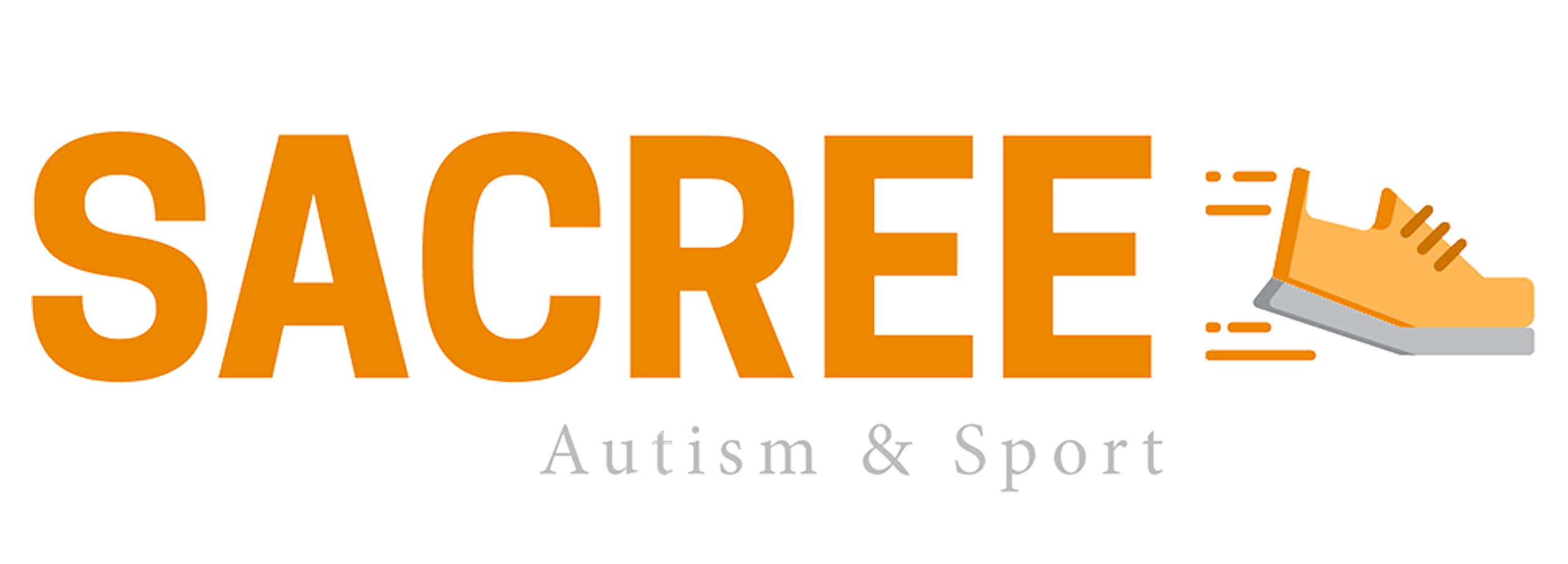For the third article in our series presenting other Sacree co-partner projects, we have decided to introduce you to the SISAAP project, Sport for Increasing Socialisation and Abilities of Autistic People. Co-funded by the European Union’s Erasmus+ programme, SISAAP aims to promote social inclusion and equal opportunities through sport, with a particular focus on autism spectrum disorders (ASD).
Our partner SUZAH is taking part in this project with :
- The Federazione Trentina della Cooperazione, project coordinator (Italy)
- The Autismo Sevilla association (Spain)
- The Fundacion Escuela Andaluza de Economia Social and Nuove Rotte (Spain)
- The Nuove Rotte association (Italy)
The partnership has worked to create a guide, a handbook that aims to understand the key areas and factors to consider when designing and launching sustainable sports initiatives for people with autism.
Here is a summary of the project in pictures:
SISAAP is a highly relevant source of knowledge for our Sacree project. These two projects have a number of similarities, not least the same ultimate objective: to promote the social inclusion of people with autism through sport.
To build the Sacree programme and guide, we are therefore drawing on the results of this project, and for example on their 10 tips and recommendations to bear in mind when working with an autistic person.
1. Be predictable: It means to plan and to organize as much as possible of the activities before and to let the participants know what you are going to do ; It means to structure the activity so that is predictable and stable from lesson to lesson
2. Organize and structure time: It means to plan the time of the activity and inside the activity, and mark the time accordingly during the course, lesson or specific task
3. Organize and structure context: it means to have an organized space and workplace with less distractions as possible
4. Clarity of roles: Everybody should know what their and everyone’s role is
5. Clarity of the instructions: Be sure the instructions are understood ; Communicate with images, AAC and or PECS, Show things
6. Help with social interaction: Be ready to explain social interactions and behaviors and to point out the best way to
communicate
7. Respect safety rules and equipment: If someone is injured no one is happy so explain and respect safety measures ; If the equipment is broken no one else can do the activity so respect and care for it
8. Take care of your team: A good program or a successful activity needs a well coordinated team that can communicate well and be open to improving their work on a regular basis
9. Learn from others: Try to find some other professionals, enthusiasts or experienced people around you in your community and ask them for feedback. It is easy to miss some good ideas when you are very focused on your day to day work.
10. Don’t be too hard on yourself: Every new beginning is hard, even when you are only expanding some program. Take one step at the time and focus on improving and growing.
To read the SISAAP guide, click here
To see a video of the project, click here

